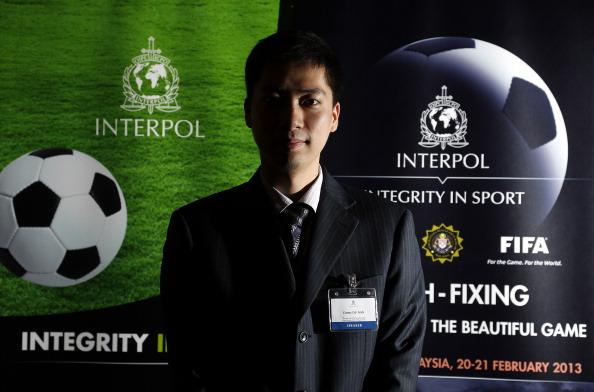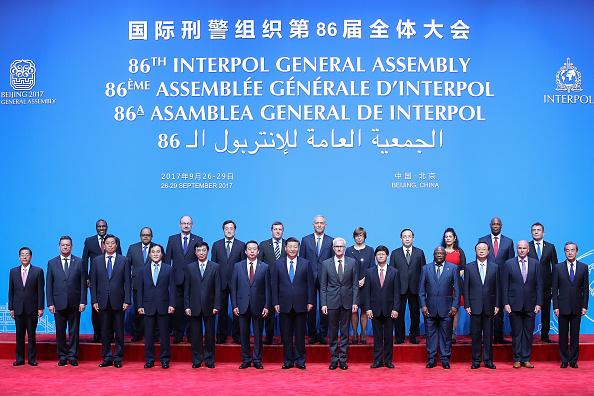Interpol, the international police organization, is currently headed by China’s vice-minister for public security, Meng Hongwei.
Since he was elected leader of Interpol in 2016, the Chinese Communist regime has used Interpol’s red notices to step up suppression of Chinese dissidents who have escaped overseas and harass their family inside China.
An Interpol red notice informs all 190 member countries that a person is wanted for extradition based on a judicial decision made in a particular country or by an international tribunal. However, Interpol does not issue arrest warrants.
Ye Ning, a human rights lawyer based in Washington, DC who has represented many cases of Chinese dissidents targeted by Interpol, told NTD, The Epoch Times’ sister media, on May 13 that “red notices” is one of the means by which the Chinese regime expands the “Beijing model” to the world.
“The red notice is actually a way the CCP [Chinese Communist Party] extends its influence and a manifestation of its rogue proletarian dictatorship extending to other countries,” said Ye.
He said that through lawyers’ efforts, Interpol has removed about 100 red notices for their clients.

Ministry of Public Security in China and speaker for match-fixing investigation during an INTERPOL conference at a hotel on February 20, 2013, in Kuala Lumpur, Malaysia. Stanley Chou/Getty Images
Wei Jingsheng, a Chinese democracy activist in exile in the United States, told Voice of America on May 4 that he and his two assistants were detained by police in Switzerland in 2006 because Interpol red notices were issued for them. Wei was in Switzerland at the time to attend the United Nations Human Rights Conference in Geneva.
In January, Human Rights Watch (HRW), an international NGO advocating human rights, detailed the methods used by the Chinese regime to harass family and relatives of Interpol targets.
“Police and prosecutors visited or summoned relatives without presenting any legal documents and threatened to detain them if they failed to convince the red notice individual to return to China. Human Rights Watch identified at least two cases in which authorities formally arrested relatives,” according to an HRW statement.
Sophie Richardson, China director at HRW, expressed her concerns in a September 2017 statement on China’s abuse of Interpol red notices.
“Interpol claims to operate according to international human rights standards, but China has already shown a willingness to manipulate the system,” she said. “And with China’s vice-minister of public security–a notoriously abusive agency–as president, Interpol’s credibility is on the line.”
China’s Ministry of Public Security is often tasked with monitoring and arresting dissidents, dispersing protests, and other measures to “maintain stability.”
Chen Han of New Tang Dynasty Television contributed to this report.
Recommended Video:




